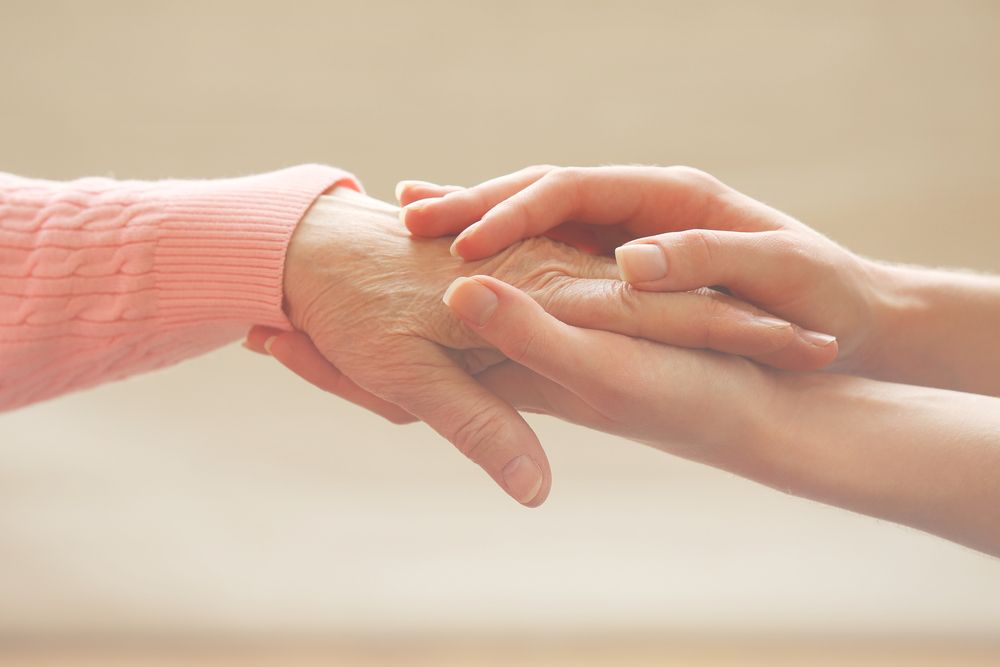Even after his prostate cancer diagnosis at age 72, my dad was a stubbornly independent person. He insisted on driving himself to his clinic visits, doing the grocery shopping and cooking as usual, never hinting in our weekly phone conversations that he might be sad or anxious or tired.
Keeping up the routine grew harder as the disease progressed over the next eight years. With no family members nearby, Mom and Dad wrestled with every challenge or emergency by themselves, keeping the information from their children so we wouldn’t worry. Then one night as Dad tried to get out of bed, he fell between the bed and the wall. He was stuck there, paralyzed by pain, until the EMTs arrived with morphine and transported him to the hospital.
My brother and sister and I flew out to Massachusetts to say goodbye. In the week before Dad died, a hospital social worker asked if we would like to consider hospice care. We had only a vague idea of what that involved, but anyway, it didn’t matter. It was too late.
I don’t know why Dad’s doctors never talked about hospice when they realized his cancer could no longer be controlled, but if they had, his last months would have been very different. With spiritual support, he might have been able to talk with us about the fact that he was going to die, or at least talk with someone else about his anxiety, and a plan would have been created to keep him pain-free at home. But after someone dies, there are no do-overs.
I learned from that hard mistake. Three years ago — nearly twenty years after Dad’s death —my 92-year-old mother-in-law learned that she was at the end of her life. When her doctor asked if we wanted a hospice referral, we said yes.
For the next five months, we had the support of visiting nurses, social workers, and a chaplain. A young man delivered a portable oxygen machine and taught us how to use it for times when Dorothy was short of breath. We were relieved to know that if her pain suddenly grew worse, we could give her the medications Hospice had provided, even in the middle of the night, without waiting for help to arrive.
These services were free of charge, thanks to the Hospice Medicare Benefit*. Far more important, hospice care made it possible for Dorothy to enjoy her final months with family and friends, undistracted by pain, in the familiar surroundings of her home. That was a great gift, not only for her, but for all of us.
If you or a loved one is facing a life-shortening illness, please don’t make hospice care a last-minute decision. Contact a hospice near you to learn about the many ways they can help. In Erie County, NY, call 716-686-8000 or visit www.HospiceBuffalo.com.
*Most health insurance plans, including Medicare, Medicaid, and HMOs, cover hospice care in full.
